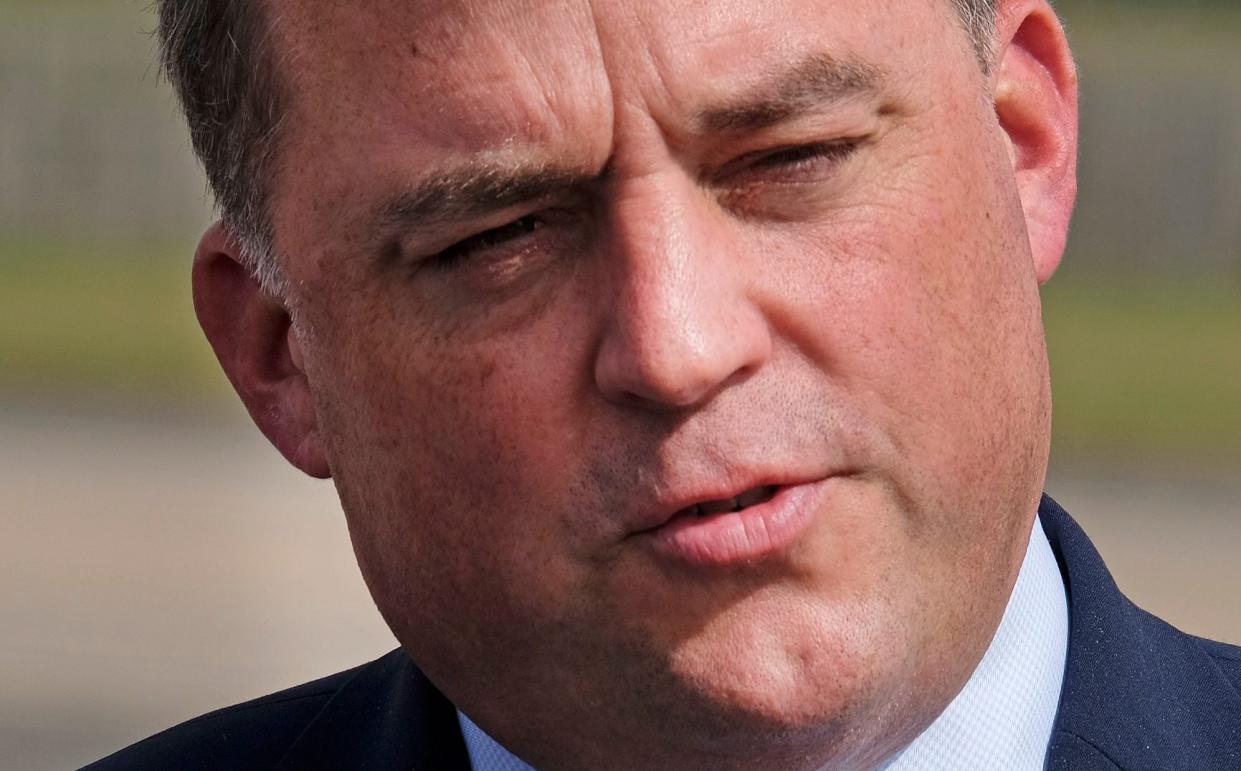Warning for the West as Russia’s secret army eyes move into Mali

Ben Wallace has warned of the UK's concern over Russian mercenaries intervening in Mali, after it was revealed the country’s military junta was in talks with the Wagner Group.
As part of the UN peacekeeping mission that is being led by France, British troops were sent to Gao in December last year as part of a three-year commitment in the country.
However, the Defence Secretary told the Commons on Monday that both the UK and France “are concerned about the appearance of the Russian mercenary group, Wagner, in many parts of West Africa”.
The potential involvement of the Russian paramilitary group came to light after France announced its plans to draw down its commitment.
Malian leaders said as a result it would need to pursue a "plan B" which would see mercenaries from the Wagner Group deployed to fill any security gaps left by France. It is claimed that the military government is close to hiring 1,000 mercenaries.
Watch: Defence Secretary Ben Wallace apologises for 'unacceptable' data breach
Last week, Annegret Kramp-Karrenbauer, Germany's defence minister, tweeted: "If Mali's government makes such agreements with Russia, it contradicts everything that Germany, France, the EU and the UN have been doing in Mali for eight years."
Senior Tory MPs have also expressed their concern to The Telegraph about the Wagner Group.
Tom Tugendhat, the chairman of the Foreign Affairs Committee, said: "Russian mercenaries are the secret side of Putin's empire. They're looking to profit from Mali's weakness to get cash and power."
Tobias Ellwood, chairman of the Defence Select Committee, called on the international community to “rally” against the Wagner Group entering Mali “or we will set a precedent for mercenaries replacing legitimate, identifiable and accountable national forces on peacekeeping missions”.
Robert Clark, a defence policy associate at the Henry Jackson Society, and a former soldier who served with 2 Royal Anglian, part of the UK contingent in Mali, said: “Russia know that they cannot directly challenge Western interests, so they do so below the threshold for conflict.”
Mr Clark said the Wagner Group was “frequently used by the Kremlin to challenge the interests of Britain and America across many environments”.
He added: “We saw similar action in Syria and Libya where Russian-sponsored proxies attacked Western-backed forces and even attacked Western targets.”
The origins of the Wagner Group remain murky. Security experts say the images of Russian military casualties returning from Afghanistan throughout the 1980s significantly undermined the-then Soviet Union, and contributed to the regime’s collapse.
As such, it is thought the Kremlin encouraged the outsourcing of military activity to avoid similar risks in the future. Such groups train armies, protect leaders and secure energy and natural resources, such as gold, diamonds and rare earth metals.
Watch: France cancels defense meeting with UK - sources

 Yahoo News
Yahoo News 
